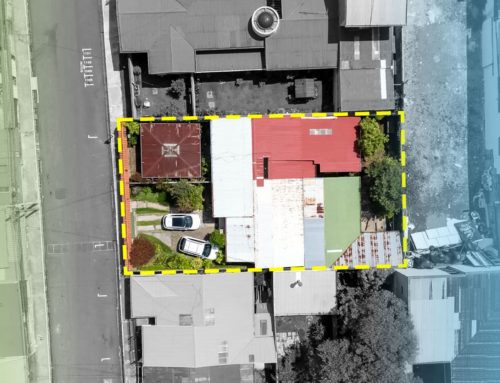Renting property in Costa Rica is one of the most common ways to invest in real estate. But, this comes with tax responsibilities. Knowing how to declare income taxes / rentals is necessary for owners and landlords.
Avoid penalties and optimize the management of your assets. In this article from the Nativu blog, you will learn how to make these tax returns, what aspects to consider and how to comply with the current regulations.
Steps to Filing an Income Tax Return
Step 1: Registration with the Ministry of Finance
In order to file taxes, the owner must register with the General Directorate of Taxes as an income tax payer. This process can be done through the virtual portal of the Ministry of Finance here.
Step 2: Calculate the tax
Once you have chosen the tax regime that suits your situation, you, as the owner, must calculate what the tax will be according to your gross or net income.
Step 3: Filing the tax return
The income tax return is filed annually using a D-101 form (for individuals or legal entities in the traditional regime) or through monthly payments if you opt for 15% on gross income.
Step 4: Paying the tax
Once the return is filed, you can make your tax payment at any bank of your choice. Remember to make this payment on time to avoid fines or surcharges.
Applicable Exemptions and Deductions
As part of the deductions that can be applied, the following factors can be added:
- The maintenance and repairs made to the property.
- Utilities covered by the lease (if applicable).
It is recommended that you consult an accountant to ensure that these deductions are correctly applied.
Consequences of not filing income tax returns
What happens if we do not file income tax returns? Failure to file and/or pay taxes may result in fines and penalties, interest on late payments, or legal action.

Paying your income taxes for rentals in Costa Rica is an obligation that landlords cannot overlook. Knowing how much is due, the process of filing and possible exemptions can help you maintain good fiscal management and avoid problems with the tax administration.
At Nativu, our advisors are local and know the real estate market in Costa Rica. Our real estate advisors can help you in your process of renting or selling property in Costa Rica. Please do not hesitate to contact us.








